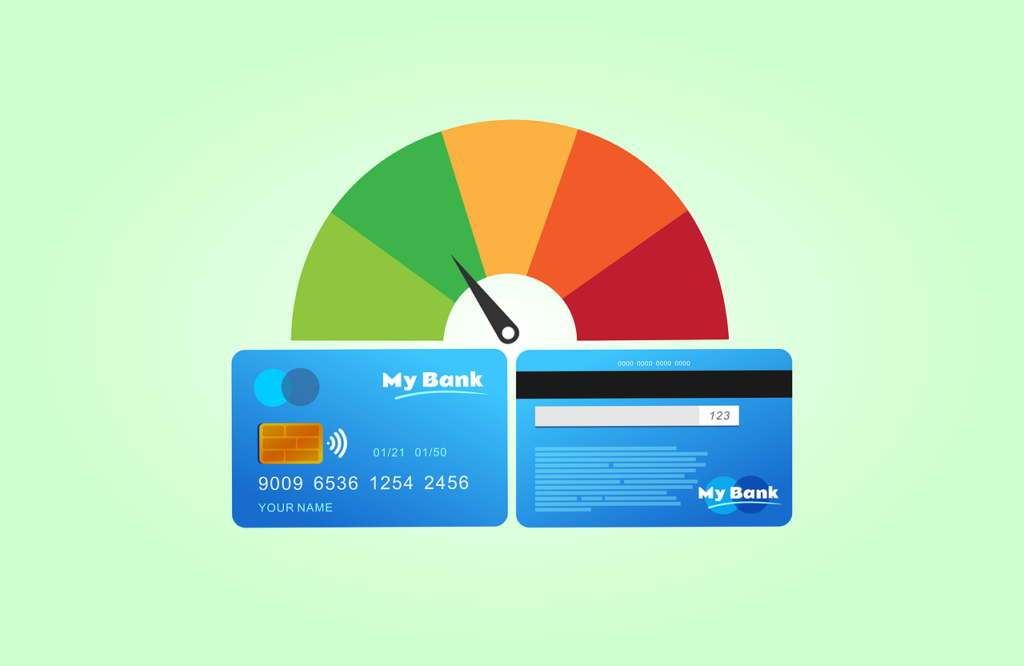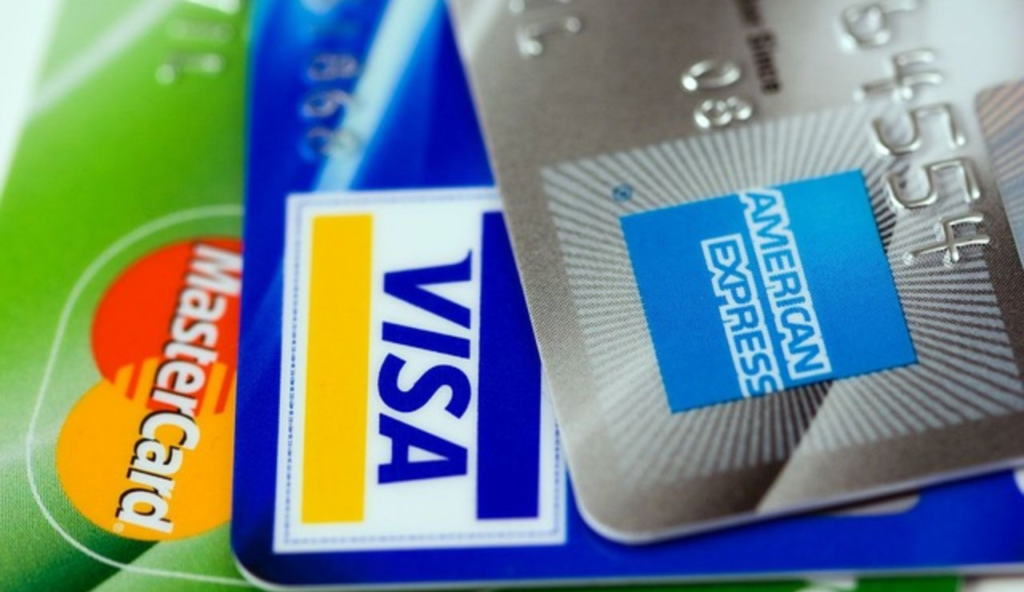Your credit score is your ticket to financial success. It shows how reliable you are with money. A great credit score tells lenders you can be trusted to pay back what you owe. This means you can get better deals on loans, credit cards, and more. Building a strong credit score can help you save a lot of money over your lifetime. This article aims to give you key tips to reach an outstanding credit score and open the door to financial freedom.
Ever thought, What is the secret to unlocking the highest credit score possible? It might look hard to get a fantastic credit score. Yet, by using smart strategies and working a little harder though, it’s doable. This guide will delve into what affects your credit score. We’ll also show you how to improve it, keep it high, and protect your financial health.
Key Takeaways
- Your credit score is the key to better financial options.
- A high credit score can lower your borrowing costs by a lot.
- Knowing what influences your credit score is essential for top ratings.
- Smart tactics for managing your credit score can keep your financial health well.
- Checking your credit report often and fixing mistakes fast helps keep your credit score in good shape.
Understanding Your Credit Score
Knowing your credit score is key to financial success. It’s a three-digit number between 300 and 850. The number shows how well you handle credit based on your credit report. The report looks at your payment history, credit use, how long you’ve had credit, the types you have, and any new credit checks.
What Is a Credit Score?
Lenders look at your credit score to see if you are likely to pay back the money they lend you or let you take on credit. Having a score of 700 or more means you’re highly likely to pay your debts. A good score can lead to lower interest rates, cheaper insurance, and possibly help you rent a home or get a job.
Why Does Your Credit Score Matter?
Your credit score is crucial in many financial situations. It’s used by those you might borrow money from, rent from, or work for. A high score saves you money by getting you better rates on loans and credit.
Factors Affecting Your Credit Score
Many things affect your credit score. This includes how you’ve paid your debts, how much credit you’re using, how long you’ve had credit, the types of credit you have, and any recent checks on your credit. Knowing these factors can help you work on having a strong credit score.
| Factor | Influence on FICO® Score |
|---|---|
| Payment History | 35% |
| Credit Utilization | 30% |
| Length of Credit History | 15% |
| New Credit | 10% |
| Credit Mix | 10% |
Understanding your credit score can help you make better financial moves. It opens doors to more financial choices.
Improving Your Payment History
Your payment history is vital for your credit score, with 35% of it based on being on time. Always pay your bills on time, from credit cards to loans and utilities, to have a high credit profile. To avoid missing any payments, use payment reminders and automate your bill payments.
Setting Up Payment Reminders
Setting up payment reminders is key to making on-time payments and preventing late fees. You can use digital calendar alerts, text notifications, or notes where you’ll see them. These reminders will keep you focused on your payment history, making sure you don’t forget a due date.
Automating Bill Payments
Automating bill payments takes things a step further in improving your payment history and credit score. By automating, you won’t miss payments. This strategy makes your record of on-time payments solid. Plus, many companies offer this option to their customers.
Showing you can manage debt well boosts your credit score and financial health. By following these steps to better your payment history, you’re on your way to a top credit rating. This rating opens doors to great financial opportunities.
Maintaining a Low Credit Utilization Ratio
Your credit utilization ratio shows how much credit you use compared to what’s available. It’s the second most important thing for your credit score, after paying bills on time. Aim to use less than 30% of your total credit. Pay your credit card bills quickly to keep your ratio low.
Paying Off Credit Card Balances
To cut down your credit use, paying credit cards off is key. Lowering these balances will boost your credit score. Make a plan to tackle high-interest debts first. This approach will save you money over time.
Requesting a Credit Limit Increase
Ask your credit card companies for a higher limit to decrease your utilization ratio. By upping your credit limit, you lower the ratio. This can make your score better. Lenders see this as being good with credit.
Keeping your credit use low is smart when dealing with lenders. It tells them you manage credit well. Remember, keeping an eye on your credit use and taking steps to lower it is very important.
Managing New Credit Inquiries
Applying for new credit may mean a lender checks your credit score with a “hard” inquiry. This can slightly reduce your credit score. It’s smart not to apply for many new credits, especially if a big loan is in your plans soon.
On the other hand, “soft” inquiries like when you check your report or an employer looks at it, do not harm your score. Know the difference and protect your score wisely.

Building Credit History
If you are new to credit or have little history, there are ways to start. You could join someone’s credit card as an authorized user. Pick someone with a long, good payment history. This choice can add positives to your credit report, bettering your credit score.
Or, try for a secured credit card. This means putting down about $200 first. It helps you show you can build and manage credit over time. Look into companies like Avant, Deserve, and Petal for other card options. They may not need a deposit, making them easier to get.
You can also use credit-builder loans. Credit unions or community banks often offer these. They let you borrow a little money, which they hold until you pay it back. This helps show you can handle credit well and boost your credit score.
To get a FICO score, you must keep an account open for six months. Plus, that creditor has to report your activity for the last six months. So, start these steps now to build a strong credit history. This will open up many financial chances for you in the future.
Monitoring Your credit score
Keeping an eye on your credit score is key to a good credit record. You can get a free credit report each year from Experian, Equifax, and TransUnion. Look through the reports carefully to spot any wrong information and fix it.
Checking Your Credit Reports
It’s smart to look at your credit reports often, like every three months or even once a month. This way, you can catch any signs of fraud or errors early. Experian and other services can send you updates on your credit, keeping you in the loop.
Disputing Errors on Your Credit Reports
Spot an error on your credit report? It’s vital to dispute it. You can speak to the lender directly or reach out to the bureau showing the error. Fixing these mistakes could boost your credit score significantly.
Regularly checking your credit reports will help highlight any weak spots. You can then fix inaccuracies and work on keeping a strong credit history. With a good credit score, new financial opportunities open up for you.
Dealing with Collections Accounts
If you have accounts in collections, deal with them right away. You can work with collection agencies to remove negative marks from your report. This can be done if the debt is wrong or too old. Also, paying off these accounts can boost your credit score.
Negotiating with Collection Agencies
When you talk to collection agencies, know your rights and aim for the best outcome. Ask them to prove the debt is yours. If it is, see if you can pay less or in installments. Tell them your financial story. They might agree to remove the negative mark from your credit report if you pay them off. Don’t forget, you can push for what you want. A smart negotiation can lessen the damage to your credit score.
Removing Inaccurate Collections
Maybe the collection on your credit report is wrong or too old. You have the right to remove it. Look through your reports carefully. If you spot mistakes, tell the credit bureaus right away. Show them proof to back up your claim of error. If they find you’re right, they have to take it off. Fixing these errors can really help your credit score and financial future.
Maintaining a Healthy Credit Mix
Getting a great credit score needs more than timely payments and low credit use. It’s also important to have a mix of different types of credit. This shows you can handle various debts well.
Experian says the best mix includes both revolving and installment debts. Revolving credit lets you borrow and pay back often, like with credit cards. Installment debts are for major things like cars and homes, with fixed payments over time.
| Credit Account Type | Impact on Credit Score |
|---|---|
| Revolving Credit (Credit Cards) | Demonstrates your ability to manage ongoing credit access and balance payments. |
| Installment Credit (Loans) | Shows your capability to manage different types of debt repayment schedules. |
| Mortgage Accounts | Reveals your proficiency in handling long-term, large-scale financing. |
| Open Accounts | Highlights your aptitude in managing accounts with no fixed repayment schedule. |
The credit mix is only 10% of your FICO score, but it matters. A good mix means better chances with lenders. It can help you get the best terms and rates on loans.

Avoiding Common Credit Mistakes
To keep a strong credit score, you must be careful and avoid frequent credit errors. It’s crucial not to close old credit accounts and to be mindful of new credit applications.
Closing Old Accounts
Some people mistakenly close paid-off credit card accounts to simplify their finances. But, this can hurt your credit score. Closing accounts means less available credit, making your credit utilization ratio go up. This ratio shows how much of your credit you use. A ratio over 30% may lower your credit score.
Applying for Too Many New Accounts
Applying for too many new accounts in a short period is a big mistake. Each application leads to a hard inquiry. This can lower your credit score slightly, although the effect isn’t usually lasting. Too many applications may signal financial trouble to lenders. Think carefully before opening new credit accounts to avoid this issue.
Avoiding these mistakes and being smart about credit management can help grow and strengthen your credit profile.
The Bottom Line
Your credit score opens doors to financial chances. Knowing how your credit score works helps. So, work to make it better and avoid mistakes. This way, you can get a high credit rating. Building and protecting your credit takes time. But the benefits of a great credit score are huge.
With the right info and self-control, you can improve your financial future. You’ll enjoy better rates and loan terms. Keep an eye on your credit report. Make smart choices about your finances. A strong credit score will lead you to great opportunities.
Your credit score shows how well you handle money and trust. Working on your credit improves access to loans. It also shows you care about your financial health. Enjoy this process. See your credit score helps you find new financial chances.
Source Links
- How to Boost Your Credit Score 100+ Points in 30 Days Without Credit Repair!
- Your Score: An Insider’s Secrets to Understanding, Controlling, and Protecting Your Credit Score
- The Credit Game: Plays We Were Never Taught (The Credit Game Series)
- High Credit Score Secrets: The Smart Raise and Repair Guide to Excellent Credit
- Credit Score Secrets: How to Repair and Boost Your Credit Score to 100 Points Quickly





